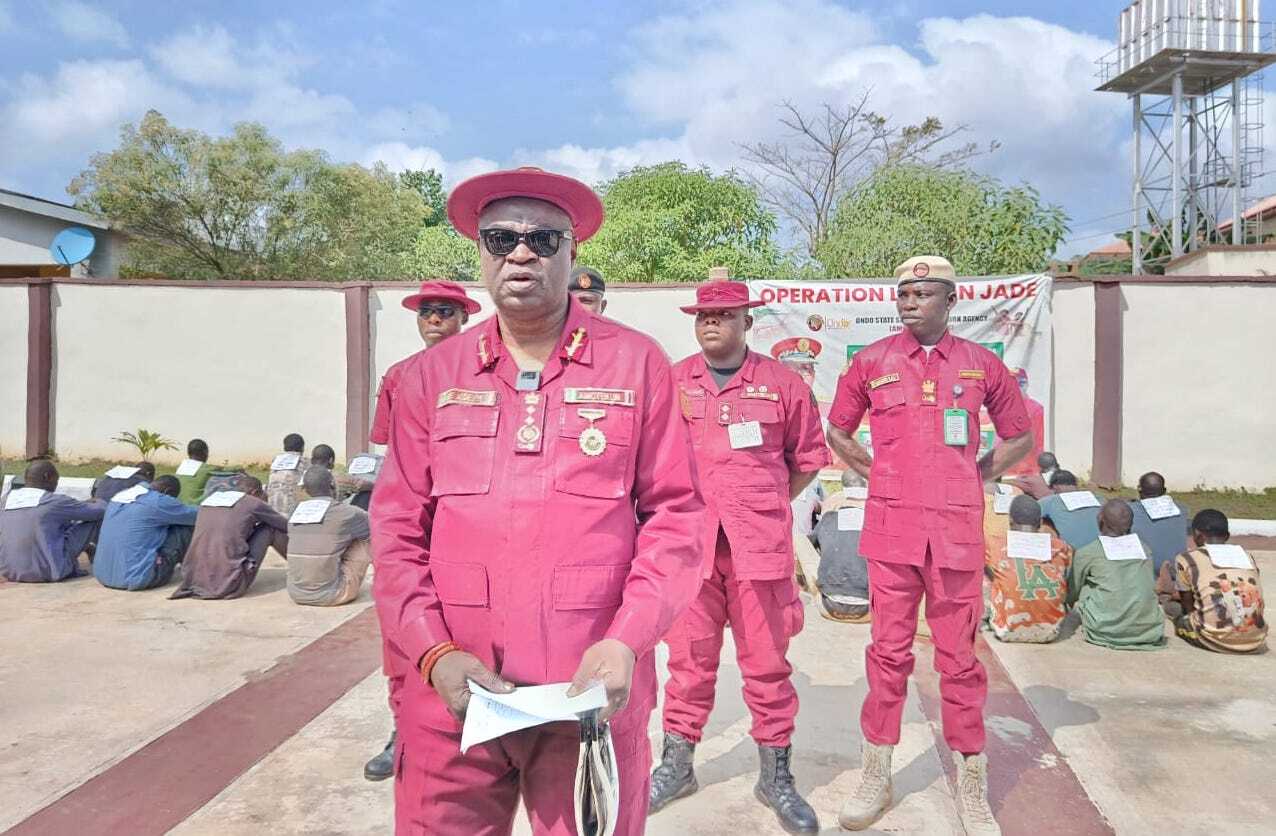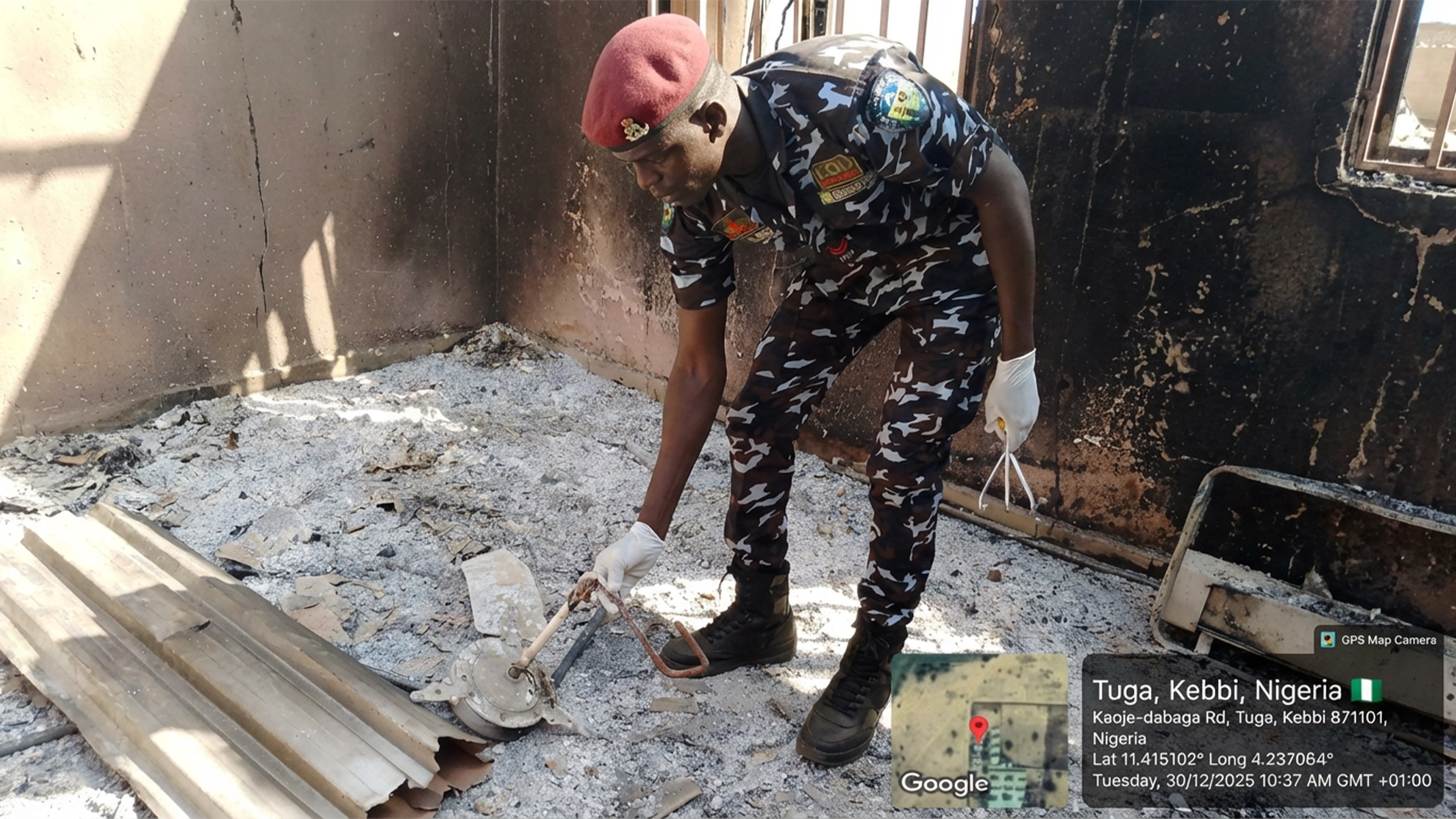The Lagos State government has met with stakeholders to discuss the planned rehabilitation of the Eti-Osa/Lekki-Epe Expressway, covering the stretch from Admiralty Junction to Jubilee Bridge in Ajah, with an emphasis on cooperation, traffic management, and the phased execution of the project.
The meeting, held at the Lekki Conservation Toll Plaza by Chevron, brought together residents, business owners, transport operators, community associations and government officials to outline expected disruptions and measures put in place to ease movement along the corridor while work progresses.
Speaking at the engagement, the Special Adviser to the Governor on Infrastructure, Mr. Olufemi Daramola, said the meeting was part of efforts to carry residents along and ensure public understanding of the rehabilitation programme. He noted that although the government is aware of the difficulties commuters currently face, funding limitations mean that road improvements will be undertaken in phases.
“We understand the pains of residents, but government cannot fix all problems at once due to funding limitations. However, we are committed to medium-term solutions using cold mix asphalt for palliative repairs, with both day and night operations,” he said.
The Permanent Secretary, Ministry of Infrastructure, Mr. Olutokunbo Oyenuga, stated that the project is expected to be completed in the first quarter of next year. He explained that the rehabilitation would enhance safety, reduce congestion and improve connectivity for thousands of commuters who rely on the corridor daily. He appealed for patience, urging road users to comply with traffic officials throughout the project period.
Officials also disclosed that LASTMA, the Public Works Corporation, the Fire Service, the Police, and neighbourhood security outfits will be stationed along key points of the expressway to manage traffic flow and ensure safety during the rehabilitation.
Residents, however, raised concerns about durability. Some suggested that rigid pavement should be considered as an alternative to conventional asphalt, arguing that it would last longer due to the high volume of vehicular traffic in the area. Others recommended temporarily opening or improving coastal and regional access roads to reduce pressure on the expressway while repairs are underway.
A representative of residents, Noheem Adams, noted that past assurances had not translated into visible action, stressing the need for prompt implementation. He said residents continue to experience severe congestion daily, which affects work, movement and general well-being.
Another resident, Mr. Kazeem Adegoke, said some temporary repairs carried out earlier had remained untouched for almost two years, urging that the rehabilitation begin without further delay. He commended government officials for engaging directly with the community.
The commissioner for information and Strategy, Mr. Gbenga Omotoso, appealed for a stronger sense of responsibility from affluent individuals and organisations operating in the corridor, noting that only a small fraction of Lagos residents contribute to tax revenue while all share infrastructure.
The Chairman of the Lekki Residents Association clarified that community daytime traffic assistants and night security volunteers are working with government agencies to support traffic control and neighbourhood safety, and should not be mistaken for contributors to insecurity.






